Description
Natural childbirth refers to the process of giving birth without the use of pain-relieving medications or surgical interventions. It emphasizes a holistic approach to labor and delivery, focusing on the body’s natural ability to give birth.
Types of Natural Childbirth
- Unassisted Childbirth: Also known as freebirth, where the mother gives birth without medical assistance.
- Midwife-Assisted Birth: A midwife provides support and guidance throughout labor and delivery, often in a home or birthing center setting.
- Water Birth: The mother gives birth in a tub of warm water, which can help ease labor pains and provide a calming environment.
- Hypnobirthing: Uses self-hypnosis techniques to help manage pain and promote relaxation during labor.
Familiarity with Treatment
Natural childbirth is based on the belief that childbirth is a natural process that women’s bodies are designed to handle. It involves minimal medical intervention and relies on natural pain management techniques.
Procedure
- Preparation: Women often take childbirth education classes to learn about natural pain management techniques such as breathing exercises, relaxation methods, and labor positions.
- Labor: The mother uses various techniques to manage pain, such as deep breathing, visualization, massage, hydrotherapy, and movement.
- Delivery: The baby is delivered without the use of pain-relieving medications or surgical interventions. The mother may choose different positions for delivery, such as squatting, kneeling, or lying down.
Who is it Suitable For?
- Women with low-risk pregnancies.
- Those who prefer minimal medical intervention.
- Women who want a more natural and holistic birthing experience.
- Those who have prepared through childbirth education classes and have a supportive birth team.
Who is it Not Suitable For?
- Women with high-risk pregnancies (e.g., preeclampsia, gestational diabetes, multiple births).
- Those who may require medical interventions for the safety of the mother or baby.
- Women who prefer or need pain-relieving medications or surgical interventions.
Advantages
- Greater sense of control and empowerment during labor and delivery.
- Reduced risk of interventions and associated complications.
- Faster recovery time compared to surgical births.
- Immediate bonding and breastfeeding opportunities.
Complications
- Pain and discomfort during labor and delivery.
- Potential for exhaustion and fatigue.
- Risk of complications that may require emergency medical interventions.
Previous Care
- Regular prenatal check-ups to monitor the health of the mother and baby.
- Childbirth education classes to prepare for natural childbirth.
- Developing a birth plan and discussing it with the healthcare provider.
Aftercare
- Immediate skin-to-skin contact and breastfeeding to promote bonding and recovery.
- Monitoring for any postpartum complications.
- Support from healthcare providers, family, and friends during the postpartum period.
- Rest and proper nutrition to aid in recovery.
Natural childbirth can be a rewarding experience for many women, but it’s important to have a flexible birth plan and be open to medical interventions if needed for the safety of both mother and baby.


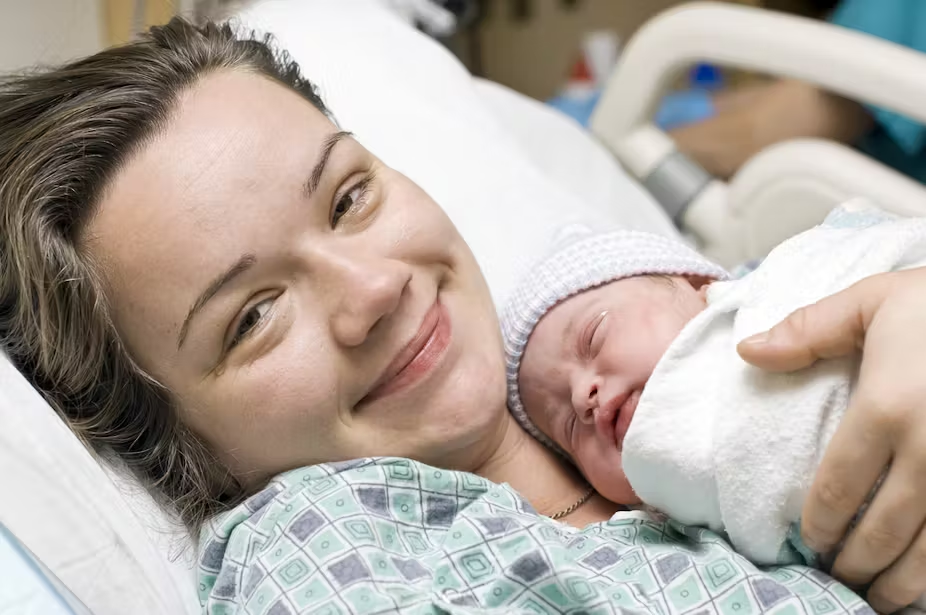
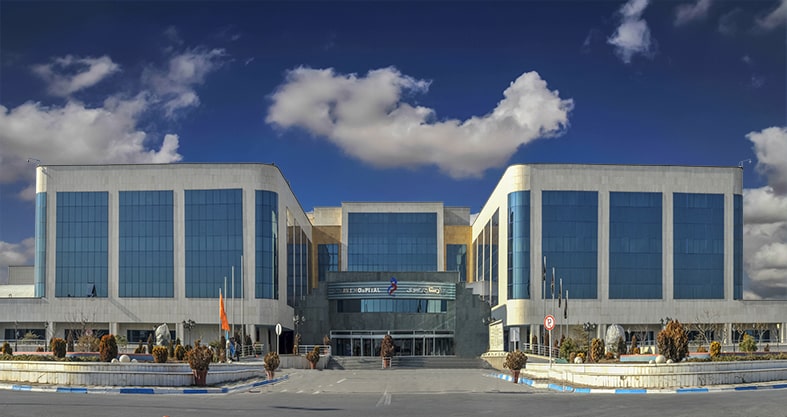

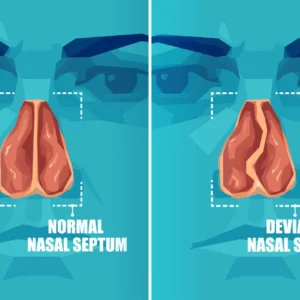


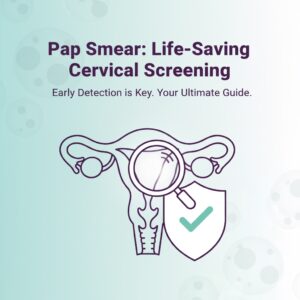
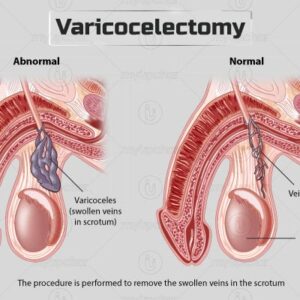
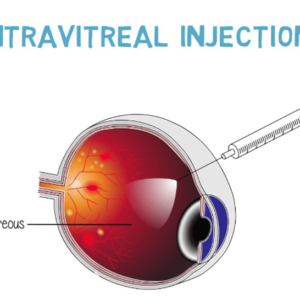
Reviews
There are no reviews yet.